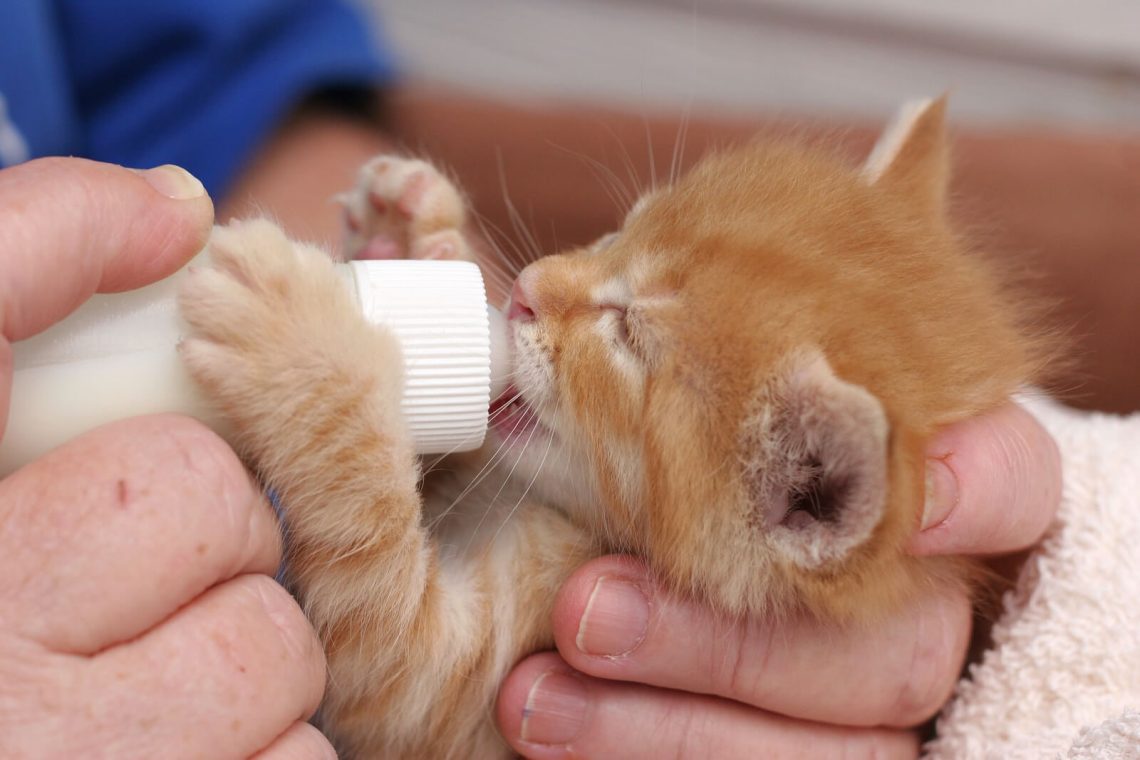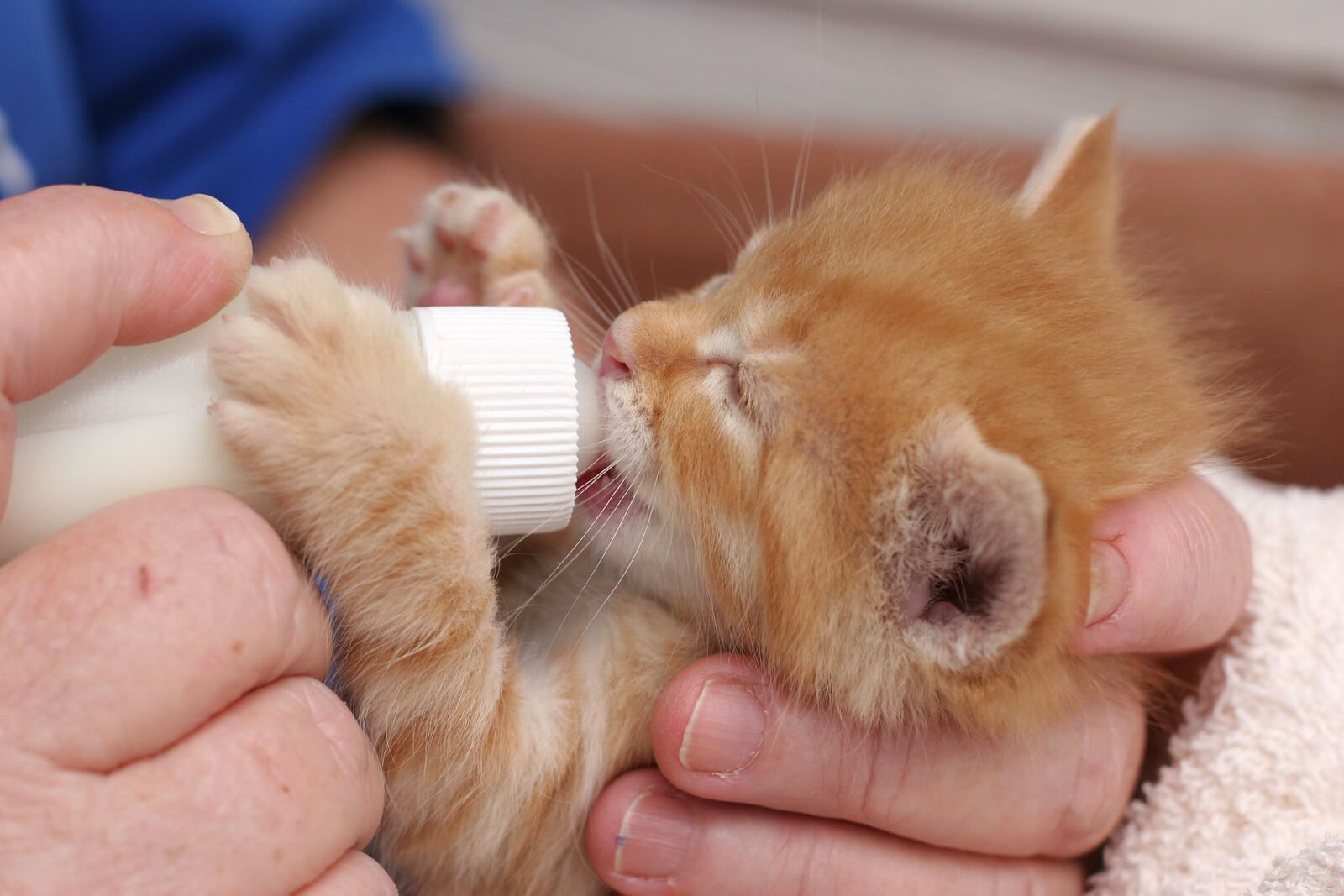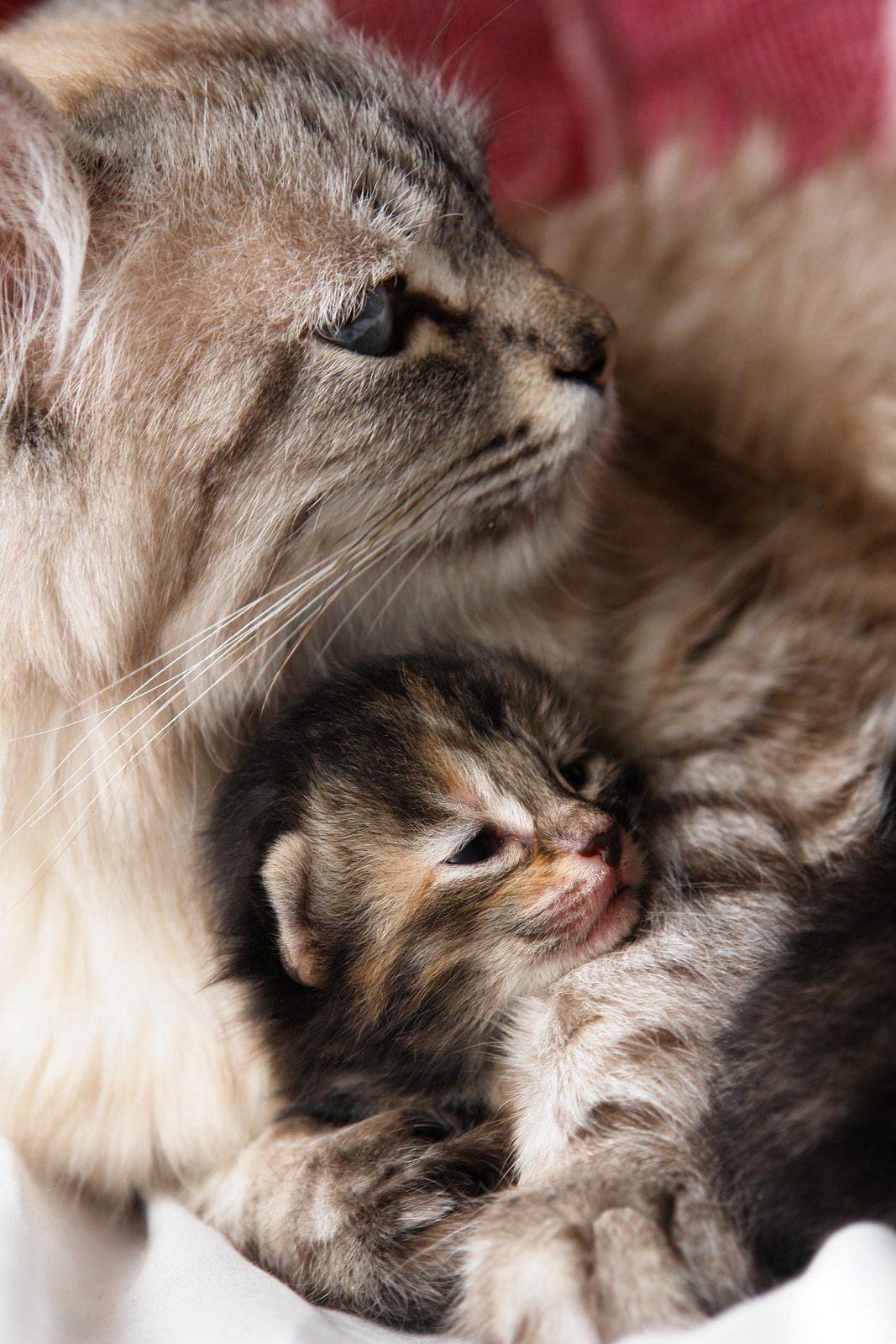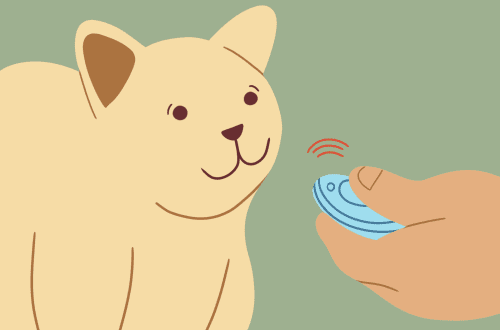
7 tips for caring for newborn kittens
Caring for a newborn fluffy baby is a great joy and a great responsibility that requires special knowledge and skills.
A kitten is considered a newborn from the moment of birth until the age of four months. This is enough time to wean him from his mother and teach him basic life skills such as eating and using the litter box. Whether you’re the primary caretaker of newborn kittens or working harmoniously with the mother cat, make sure you have everything you need to get the kittens out and keep your cute kitties in top shape.
Contents
1. Lounger.
Kittens are born blind (they open their eyes between seven and fourteen days after birth) and should therefore always be kept warm and safe. They will curl up with each other and with their mother if possible. Build them a soft, layered bed, such as fleece blankets, and consider making your own bed to suit your feline family of all ages. Place the bed in a cozy, draught-free corner where newborns won’t be disturbed by other pets or children.

2. Feed.
What to feed newborn kittens? How to feed kittens without a cat? If there is no mother cat nearby to feed them, you will have to feed the newborns with a special mixture from a bottle. Check with your veterinarian to find the right mixture. “Never feed a kitten lying on its back,” recommends the animal welfare organization Best Friends, “as it can suffocate in this position.” It is better to lay it on its side (as it would lie down when the mother is feeding) or keep it in an upright position. As soon as he stops feeding on mother’s milk, switch your tiny kitten to a specially formulated kitten food to support the harmonious development of his bones, muscles, vision and other systems and organs.
3. Accustoming to the tray.
An important element of caring for a newborn kitten is accustoming him to the tray. Cats are not born with the knowledge of where to go to the toilet, so if the mother cat is not around to help, this responsibility falls on you. Let the kitten examine the tray to become familiar with its location and purpose. You may need to stimulate him to urinate or defecate instead of the mother cat. As the Canadian Pet Information Center explains: “Take a warm washcloth or cotton swab and gently rub the kitten’s urogenital area until it relieves.” Do this regularly, every few hours, until he learns to do it on his own.
4. Grooming.
Brushing and trimming nails are two important elements of caring for a newborn kitten, and the sooner you start grooming him regularly, the easier it will be for both of you. Regular brushing or brushing removes “extra” hair (thus reducing the amount of hairballs in the digestive system) and keeps the coat clean and shiny, while trimming the nails reduces the risk of nail snags.
5. Health.
Experts recommend that the first visit to the veterinarian for newborn kittens should preferably take place within one to two months of birth so that the vet can perform a general checkup. Drake Veterinary Center strongly recommends that pet owners monitor their kitten’s food intake and look out for any “lagging or difficulty in motor skills and coordination, lethargy, diarrhea or vomiting.” Newborn kittens are prone to various diseases such as upper respiratory tract infections, panleukopenia, ear mites and intestinal parasites, so contact your veterinarian immediately if you have any concerns.
6. Sterilization and castration.
According to the College of Veterinary Medicine at Cornell University, most kittens are spayed (cats) or neutered (cats) at about six months of age, but there are instances where a veterinarian may recommend such a procedure more than early or later age. Early spaying is not usually a part of caring for a newborn kitten, but once they are old enough, cat experts strongly recommend spaying or neutering for their health and population control.
7. We prepare kittens for life with people.
Regardless of whether you intend to give your kittens in good hands or keep them for yourself, your task is to socialize newborns. What to do and what actions to take? The Nest suggests handling kittens carefully and one at a time, starting when they are one week old, allowing the mother cat, if present, to sniff you first. Little kittens love to bite and grab their owners, but over time, as the pet grows up, this behavior can become a problem. The socialization of a kitten allows him to feel comfortable and safe while interacting with people and other animals, which in turn prepares him to adapt to a new environment when he is taken to a new home. Cats that don’t mind being picked up will also have an easier time dealing with the inevitable, like brushing their teeth, visiting the vet, and meeting new people.
It’s hard to imagine anything cuter than tiny newborn kittens. These fragile but active little creatures depend on you, their beloved owner, for everything, and contributing to the care and well-being of a tiny kitten will warm your soul.






